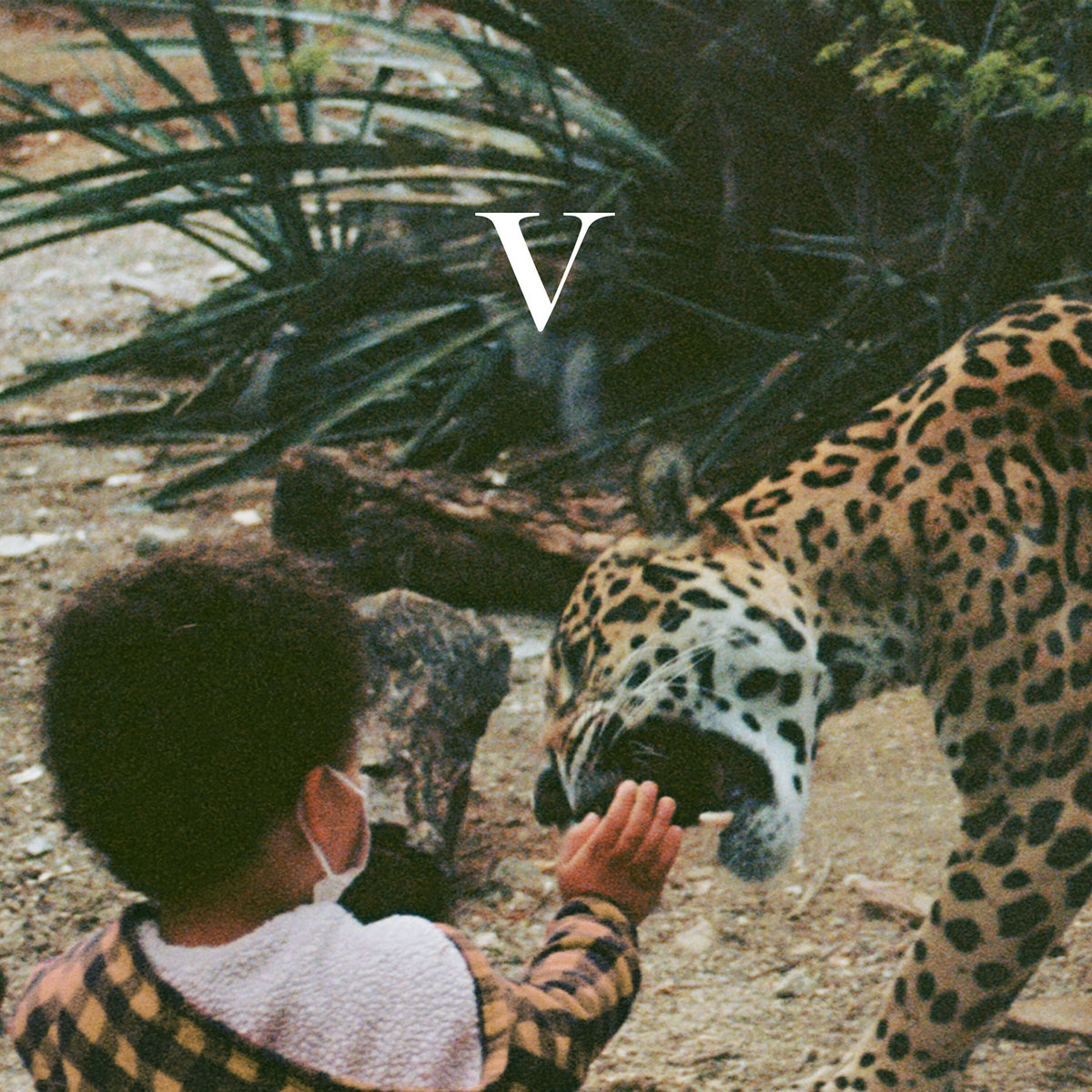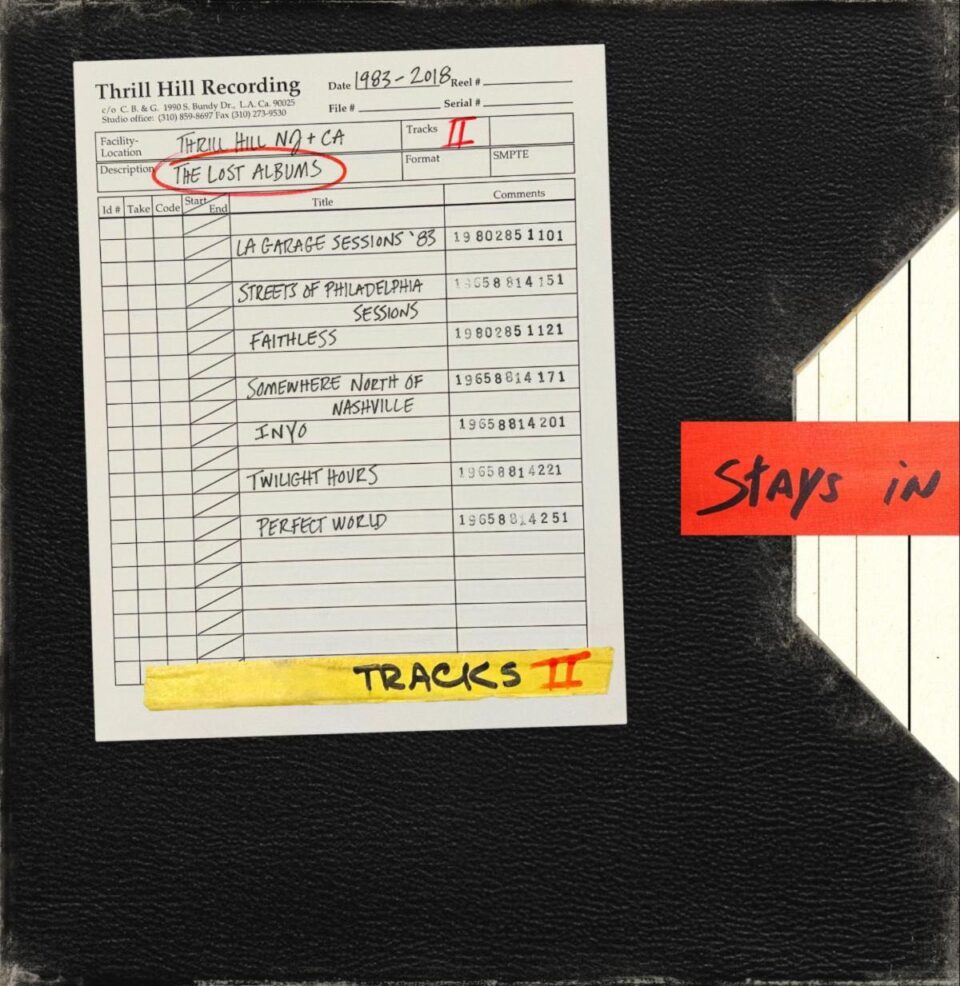Unknown Mortal Orchestra
V
JAGJAGUWAR
Of all the previously passé music genres that younger artists have tried to revive over the years to varying degrees of success, AOR is the toughest. How come? Because AOR has always—and always will—fucking sucked. Styx, Boston, Foreigner, Asia, REO Speedwagon—all those bands and their soulless, corporate cohorts are skid marks on the underwear of 20th century rock and roll and a gateway drug for the more refined sounds of soft rock and sophistipop which followed. Remember how Christian Bale’s character in American Psycho was obsessed with Phil Collins? That’s because soft rock is music for psychopaths.
Years after AOR went AWOL, Of Montreal started tinkering with the sound in a way that seemed ironic—but worked. Because the indie-pop band was even more obsessed with bleeps, bloops, and other weird sounds, they successfully pulled off their magic trick, using soft rock as a lighthouse they and their fans could paddle back to when they swam too far offshore.
But a decade and a half later, Unknown Mortal Orchestra came out of New Zealand and eventually attempted to revitalize AOR even further. It’s been a gradual process; on the first two UMO albums, they mostly danced with psych-rock, lo-fi, even a little folk and prog. Their third, Multi Love, was equally fuzzy and crisp. Album four, Sex & Food, was a foray into more inwardly focused minimalism.
And that brings us to V, the most uniform-sounding UMO record to date. (They’re calling it a double-album, but at only 60 minutes long, that’s a bit of a stretch.) Those who’ve kept tabs on the band all these years will notice that Unknown Mortal Orchestra are pulling off a risky sleight of hand here, taking their once-exploratory sound one step further toward full-fledged AOR. A prime example is “Layla,” which isn’t a cover of the Eric Clapton song but features a cheesy, indulgent guitar solo that the Cream mastermind himself could’ve written.
There are at least two ways this magic trick works. For one, UMO pack V with enough hooks (“Weekend Run,” “That Life”) and easy-to-digest melodies that the record becomes catchy after a few spins. For another, they occasionally incorporate naturalistic sounds—birds chirping, children laughing—which return the listener to the real world after occasionally locking them in the sterile white rooms where the original slate of AOR musicians belong.
The biggest question with V isn’t whether it’s a good record—it is—but how it will date over time. Original AOR music has utterly failed in this regard, to the point of parody (e.g. Weezer’s obnoxious cover of Toto’s “Africa”). UMO are making a bold experiment with their shiniest, most antiseptic record yet—but even as soon as the end of this year, it might have lost some of its luster.









